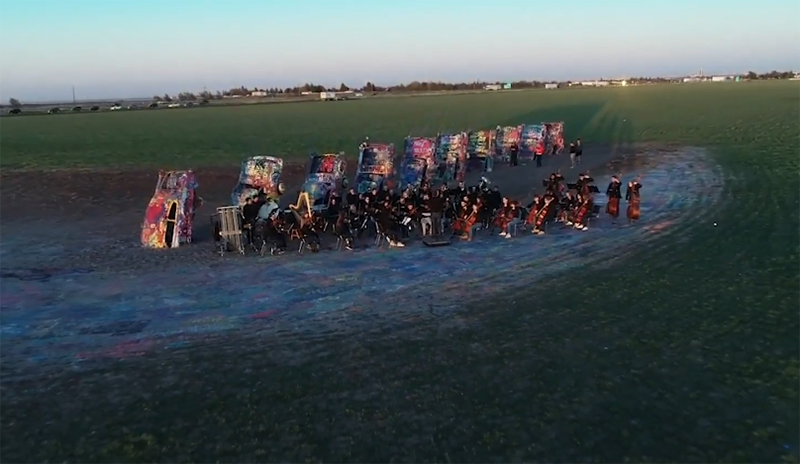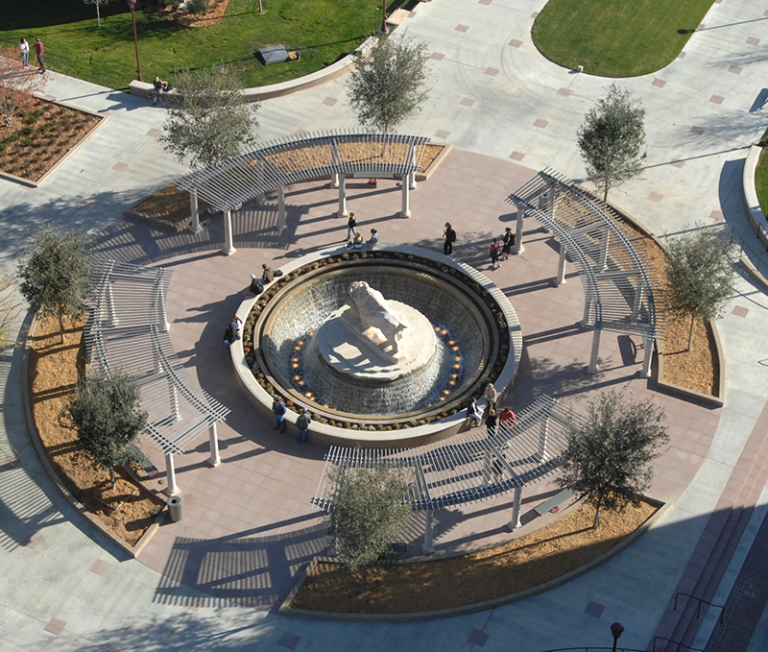
Regional universities are vital to our nation for several reasons, particularly in promoting localized economic development, enhancing social mobility and fostering community engagement. Regional universities matter. They provide a connection to higher education with greater geographical accessibility, serving students who cannot relocate or afford larger, more centralized universities. Increasingly, they offer more affordable tuition and are often more flexible for non-traditional students, including part-time, working adults and first-generation college students. According to the National Center for Education Statistics, there are 1,570 public universities in America. Private institutions, non-profit and for-profit, outnumber public institutions. Of the publics, there are 228 research universities. The most productive research universities in Texas are Texas A&M University and the University of Texas at Austin. Additionally, the master’s and bachelor’s institutions are 436. These are typically referred to as regional universities—institutions like West Texas A&M University. WT has recently been categorized as a research university. The preponderance of master’s and bachelor’s degrees is awarded at regional universities. Mary Churchill, writing in Inside Higher Ed, sees them as the “workhorses” of higher education.
Economic development at regional universities leads to local job creation, and these institutions are often major employers in their respective regions. Business partnerships develop as institutions collaborate with local industries, supporting workforce development and innovation. Talent retention and keeping capable folks close to home are significant contributions, as graduates are more likely to settle in and contribute to the local economy, according to a 2022 Brookings study.
The University of North Carolina System reports on the impact of community and public service learning, which leads to engagement in health outreach, teacher training and more, benefiting the surrounding communities. Further, they point out, “It’s not charity.” Community enrichment flourishes as institutions contribute meaningfully by bringing arts, lectures and other cultural activities to areas without such resources.
Social mobility is created as regional universities serve underserved populations by educating students from rural, often low-income backgrounds. Upward mobility is a pathway for students to improve their socioeconomic status, evolving through stronger, localized economic development. The Alliance for Research on Regional Colleges carefully studies these issues.
Workforce alignment helps build responsive programs. Effective regional universities design academic programs that reflect the specific labor needs of their region. In the Texas Panhandle, large-food animal agriculture and rural health care are coupled to the hydrocarbon industry in response to local needs. A forum hosted by The Chronicle of Higher Education suggests that high returns on investment are realized. Internships and training create a symbiotic and practical connection with local employers to provide hands-on experience and job-ready skills.
Regional universities should reflect regional values, which are essential as our nation tends towards centralized decision-making and leadership in places afar. A genuine understanding of how people perceive the world and respond to that authentic reality is diminished. Many people could be branded as leaders of such geography-blind thinking, but Thomas Friedman’s 2005 book, “The World Is Flat: A Brief History of the Twenty-First Century,” may be the pinnacle. In this work, he reflects on his parents’ admonition to finish his dinner, as people in China and India are starving. His comment to his kids? “My advice to you is: Girls, finish your homework—people in China and India are starving for your jobs.” And in a flat world, they can have them, because in a flat world there is no such thing as an American job.” There is enough truth to make one reflect on it, but it misses the point: regions and their culture matter. Life, work, family and community are more than a job.
It is an individual who is a family member, a family that is part of a community, a community that helps constitute a region and an area that defines, in part, a state and nation. The power of regional values, often driven by geological impacts on industry, workers and community life, is frequently overlooked. The Hill Institute at WT is configured to address this critical phenomenon. No matter what contemporary thinking suggests regarding a “flat world,” these relationships and boundaries cannot be erased or disregarded. They are profoundly important, and universities in various regions need to be responsive to this reality rather than attempt to reject it and replace such acknowledgment with a notion that, after the individual, nothing else matters. It may be the ultimate form of nihilism.
In “Democracy in America,” Alexis de Tocqueville makes this prescient observation regarding the importance of regional action: “In the township, as well as everywhere else, the people is the only source of power; but in no stage of government does the body of citizens exercise a more immediate influence.”
Regional universities are not just educational institutions—they are engines of opportunity, innovation and stability in the communities they serve. They help sustain a Republican form of government. If focused on mission and regional service, they can be community catalysts. Their success is deeply tied to the health and prosperity of the nation as a whole through local and regional contributions.
Walter V. Wendler is the President of West Texas A&M University. His weekly columns, with hyperlinks, are available at https://walterwendler.com/.




